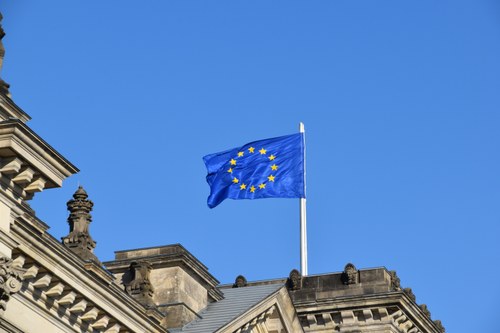EuropeAid Co-operation Office is a Directorate-General of the European Commission, founded on 1 January 2001 with the mission to implement programs and external aid projects around the world. Its objective is to maximize the value and impact of aid, financed by the EC budget and the European Regional Development Fund, by granting it in a rapid and responsible manner.

EuropeAid responds to the European Commissioner for International Cooperation, Humanitarian Aid and Crisis Response and works under the aegis of the Commissioner for External Relations and European Neighborhood Policy.
EuropeAid has disappeared with the Lisbon Treaty and has been merged with DG DEVELOPMENT, where it works to ensure that the aid given contributes significantly to the EU's development goals and the United Nations Millennium Goals. The European Union, composed of its member states and the European Commission, is the world's largest aid donor.
In project implementation, EuropeAid takes into consideration EU strategies and long-term aid delivery programs. These strategies and related policies are designed by other Directorates-General of the European Commission, including that for development for the ACP countries (the Group of African, Caribbean and Pacific States) and that for external relations for other regions and countries of the world.
EuropeAid translates these policies into concrete actions and develops new methods of aid delivery, such as budget support or through sectoral approaches. Furthermore, it develops guidelines and evaluates the implementation of development cooperation, and is responsible for the proper management of funds. For this reason, EuropeAid is obliged to use clear and transparent procurement procedures and contracts.
EuropeAid is also responsible for all the stages of a development cooperation project: after identifying the needs, EuropeAid conducts feasibility studies and prepares all the necessary financial decisions and controls. Finally, it passes to the preparation of the tender procedures, monitoring and evaluation requested.
The organization is highly decentralized. Of the Commission staff members involved in aid execution, two out of three are field-based. For this reason, much of the preparation and execution work is done through the Commission delegations in the recipient countries. EuropeAid is composed of 7 directorates and four units directly connected to the general manager.
To ensure consistency, complementarity and coordination in implementing external assistance programs worldwide, EuropeAid works closely with various partners. The general purpose is to make international aid more effective. Civil society, international organizations and Member State governments are all important players in the sector.